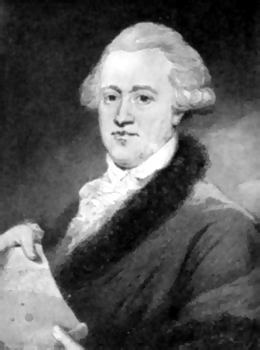RBH Biography: Sir William Herschel (1738-1822) (original) (raw)
 Sir William Herschel (1738-1822)
Sir William Herschel (1738-1822)
Born: 15th November 1738 at Hanover, Germany
Astronomer
Die d: 25th August 1822 at Upton, Slough, Buckinghamshire
Sir William Herschel, the astronomer, was a German by birth and a musician by training. He came to England, in very poor circumstances, in 1757 and got a post as an organist at Bath, nine years later. Here he earned some money as a teacher of music and spent it all on the construction of telescopes made with his own hands. As success came to him, he went on to the construction of larger and larger instruments, at first wholly for his own use. The result was his discovery of the 'new' planet Uranus in 1781. He was therefore elected a Fellow of the Royal Society. He owed much to the continual and highly enlightened patronage of King George III, who gave him the post of Astronomer Royal. In 1786, after several shifts of residence - including Clay Hall at Old Windsor - he settled at Slough in Buckinghamshire, where he spent his last thirty-six years in �mapping the heavens� and building telescopes, by the sale of which he realized a considerable fortune. Many evenings were occupied in transporting telescopes to and from the Queen's Lodge for the purpose of gratifying Royal curiosity with views of heavenly bodies. His discoveries of distant stars were very numerous and the chart of the ' Celestial Globe', as we now have it, is very largely the work of William Herschel, and that of his equally famous son, Sir John. Besides map-making, Herschel devoted himself to examining the substance, light and colour of the stars. Not all the bold theories which he advanced have held their ground but, as a pioneer, he had no equal. He was knighted in 1816. He was a man of most lovable character and happy disposition, and had a large circle of warm friends, among whom perhaps the best known is Dr. Burney, the musician.
Edited from CRL Fletcher's 'Historical Portraits' (1919)
